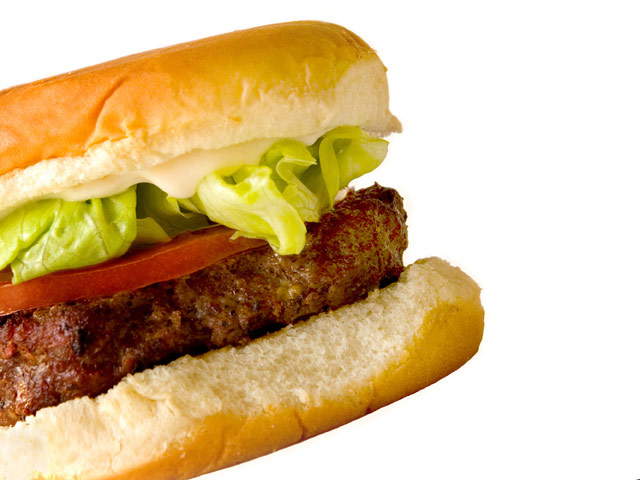Humans Have Sixth Taste for Fat

New research suggests that humans may have a previously unidentified sixth taste sense — for fat.
Researchers of the new study also found that people with a high sensitivity to the taste of fat, paradoxically tended to eat less fatty foods and were less likely to be overweight.
"Our findings build on previous research in the United States that used animal models to discover fat taste," Russell Keast, one of the researchers of the new study said.
"We know that the human tongue can detect five tastes — sweet, salt, sour, bitter and umami (a taste for identifying protein rich foods). Through our study we can conclude that humans have a sixth taste — fat."
The research team developed a screening procedure to test the ability of people to taste a range of fatty acids commonly found in foods.
They found that people have a taste threshold for fat and that these thresholds vary from person to person; some people have a high sensitivity to the taste while others do not.
"Interestingly, we also found that those with a high sensitivity to the taste of fat consumed less fatty foods and had lower BMIs than those with lower sensitivity," Dr. Keast noted. "With fats being easily accessible and commonly consumed in diets today, this suggests that our taste system may become desensitized to the taste of fat over time, leaving some people more susceptible to overeating fatty foods."
Sign up for the Live Science daily newsletter now
Get the world’s most fascinating discoveries delivered straight to your inbox.
Keast added, "We are now interested in understanding why some people are sensitive and others are not, which we believe will lead to ways of helping people lower their fat intakes and aide development of new low fat foods and diets."
Keast worked with PhD student Jessica Stewart and colleagues from the University of Adelaide, CSIRO, and Massey University (New Zealand) on the new study, which was published in the latest issue of the British Journal of Nutrition.









